Seminary Student Tragedy in Lahore: A Wake-Up Call for Child Protection in Pakistan
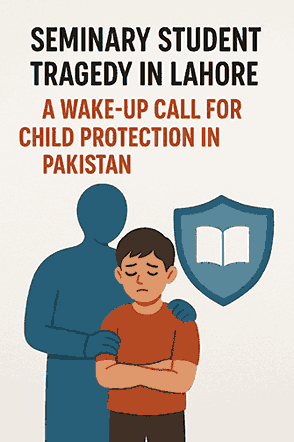
Introduction
Pakistan woke up to heartbreaking news when a 13-year-old student at a seminary in Lahore lost his life after alleged torture by a teacher. The incident sparked nationwide grief and anger. For many, it raised an uncomfortable but necessary question: how safe are children in religious and educational institutions?
The tragedy is not just about one boy or one seminary. It reflects a broader problem of child safety, weak accountability, and outdated disciplinary practices. While Pakistan values its madrassa system for providing free education and religious learning, the absence of proper oversight often leaves children vulnerable. This tragedy must become a turning point for serious reform.
Background of the Incident
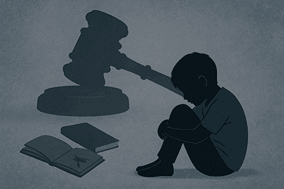
According to reports, the 13-year-old student was subjected to severe physical punishment by his teacher. He later died, triggering outrage from parents, activists, and the wider community. The seminary was quickly placed under investigation, and law enforcement intervened.
Yet, such cases are not entirely new. In the past, several incidents of corporal punishment in seminaries and schools have made headlines. However, many fade from public memory without leading to real change. This time, however, the scale of anger suggests that society may finally be ready to address the issue more seriously.
Child Protection in Religious Seminaries
Madrassas play a significant role in Pakistan’s education system. They provide free religious instruction, food, and shelter to millions of children, especially from underprivileged backgrounds. However, most operate without a standardized curriculum or regulatory framework.
Unlike private or government schools, seminaries are often outside the direct monitoring of education departments. This lack of oversight means teaching methods vary widely, and in some cases, teachers use corporal punishment as a form of discipline. Unfortunately, many parents accept this as part of tradition, even though modern research shows it causes long-term harm to children’s mental and emotional health.
Psychological and Social Impact
The tragedy in Lahore is not just about physical harm—it also leaves a lasting psychological impact. For children studying in the same seminary, the event creates fear and trauma. They may begin to associate learning with violence rather than growth.
For parents, the incident shatters trust. Many send their children to madrassas hoping they will learn discipline, values, and religious teachings. Instead, they face the fear that their children could be subjected to abuse.
If left unaddressed, such practices damage not only individual children but also society at large. Children exposed to violence often develop low self-esteem, anxiety, and even aggressive behavior later in life. In essence, abuse in education perpetuates cycles of violence within communities.
Legal and Regulatory Gaps
Pakistan does have laws related to child protection. In 2021, the government introduced a ban on corporal punishment in educational institutions. However, implementation remains weak, especially in religious schools.
Seminaries operate under multiple boards but often resist state regulation. As a result, monitoring of teacher conduct is limited, and accountability is rare. In many cases, parents hesitate to speak out due to social or religious pressure, leaving children without a voice.
Previous incidents highlight the urgent need for stronger enforcement. While laws exist on paper, a clear mechanism for monitoring seminaries, training teachers, and holding institutions accountable is still missing.
The Way Forward
The tragedy in Lahore must not fade into another forgotten headline. It should become the foundation for reforms that protect every child, whether in a private school, government school, or seminary.
1. Stricter Regulations and Licensing
All seminaries should be registered under a unified system. Licensing should depend on compliance with child protection standards. Regular inspections must be mandatory to ensure rules are followed.
2. Teacher Training in Child Psychology
Teachers, especially in seminaries, need formal training in child psychology and modern teaching methods. Religious education can still thrive without violence. Respect and compassion should be at the center of teaching.
3. Independent Monitoring Bodies
A neutral monitoring body should oversee all madrassas. This body must include child rights experts, psychologists, and educationists. Its role would be to investigate complaints, ensure compliance, and offer support to both students and teachers.
4. Awareness Campaigns for Parents
Parents must be informed that corporal punishment is not an acceptable or effective form of discipline. Campaigns through media, mosques, and community programs can help shift societal attitudes.
5. Strengthening Child Protection Laws
Pakistan must enforce stricter penalties for child abuse in educational institutions. Laws should not just exist—they must be applied swiftly and consistently to deter potential abusers.
Conclusion
The death of a young student in Lahore is a tragedy that should shake the conscience of every Pakistani. Children deserve safe spaces where they can learn, grow, and thrive—not places where fear replaces faith.
This incident is more than just a sad story; it is a wake-up call. Pakistan must move beyond mourning and take firm action to protect children across all institutions. By reforming regulations, training teachers, and changing societal attitudes, the country can ensure that no child suffers such a fate again.
The path forward is clear. What remains is the collective will of the government, religious leaders, parents, and civil society. Protecting children is not just a duty—it is a moral and national responsibility.
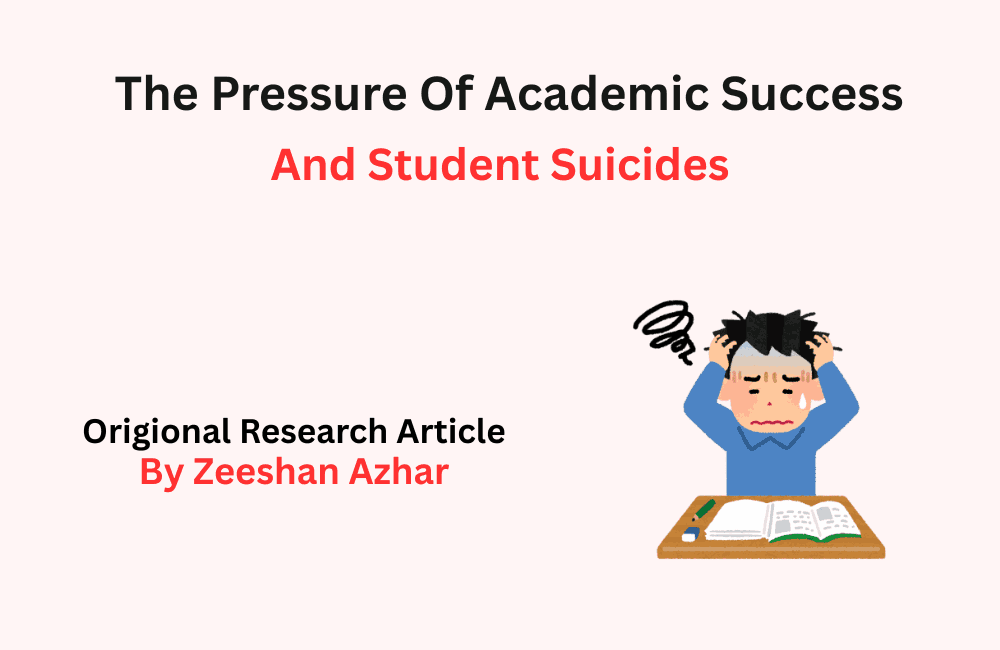
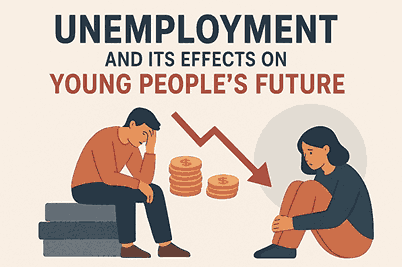
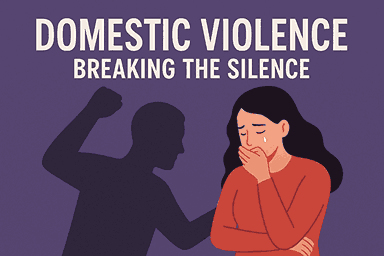

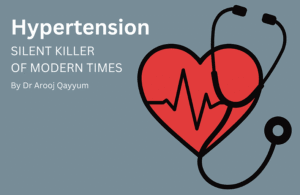
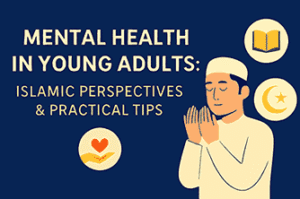

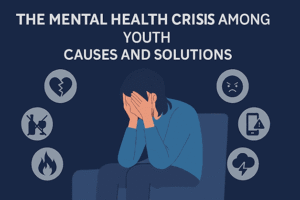
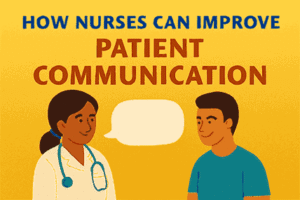


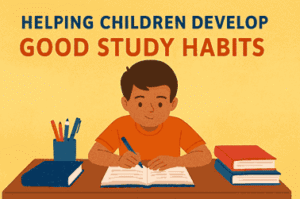
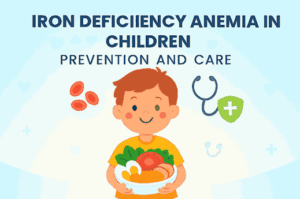
Post Comment